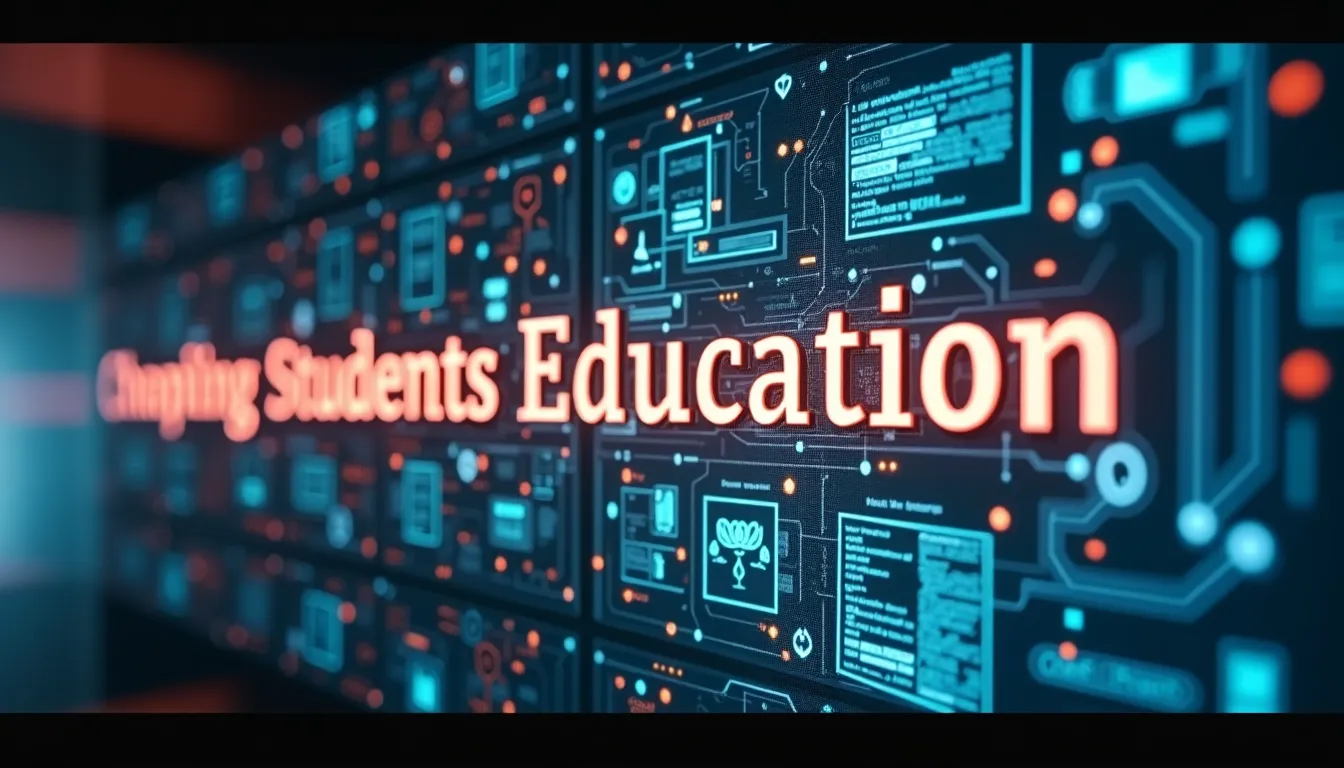AI and Education: Are Students Cheating?

In a rapidly evolving digital landscape, educators find themselves grappling with the implications of artificial intelligence (AI) on student learning. As history teacher Patrick Hickey at Boherbue Comprehensive School points out, many educators remain unaware of how integrated AI tools, particularly through popular apps like Snapchat, can influence students’ approach to homework and learning.
Mr. Hickey exemplifies an educator attempting to navigate this AI terrain, having even summoned a medieval peasant’s ghost for his students’ lessons, showcasing the potential of AI to make learning engaging. However, while teachers like him embrace innovative methods, a concerning disconnect exists between teachers’ understanding of AI and the technological savviness of their students.
The ease of access to AI-powered assistants through platforms like Snapchat has led students to utilize these tools as personal homework aides. The capabilities of the Snapchat ‘My AI’ bot allow students to quickly obtain answers and explanations, which, while beneficial in fostering efficiency, may undermine the depth of learning and personal investment in their education.
Hickey emphasizes the necessity for educational institutions to catch up with this reality, noting that many principals and teachers are entirely unaware of the AI practices embedded in daily student life. He shares that even among educators familiar with AI tools like ChatGPT, only a minority utilize them effectively in their daily routines. This lack of engagement raises concerns about whether schools can adequately guide students in responsible and educated AI usage.
Moreover, there is a growing sense of unease among teachers regarding upcoming reforms involving project work that will account for 40% of Leaving Cert marks. Mr. Hickey argues that the integration of AI into examinations and project assessments must be addressed before moving forward with these reforms. He highlights the urgency of training educators in AI literacy to ensure they can guide students in harnessing technology positively without compromising the integrity of their education.
The landscape surrounding AI in education is quickly changing, drawing the attention of the Department of Education, which is expected to release guidelines addressing AI soon. The challenge remains in aligning these guidelines with the practical realities teachers face, ensuring that both students and educators are empowered to navigate this evolving digital educational landscape effectively.